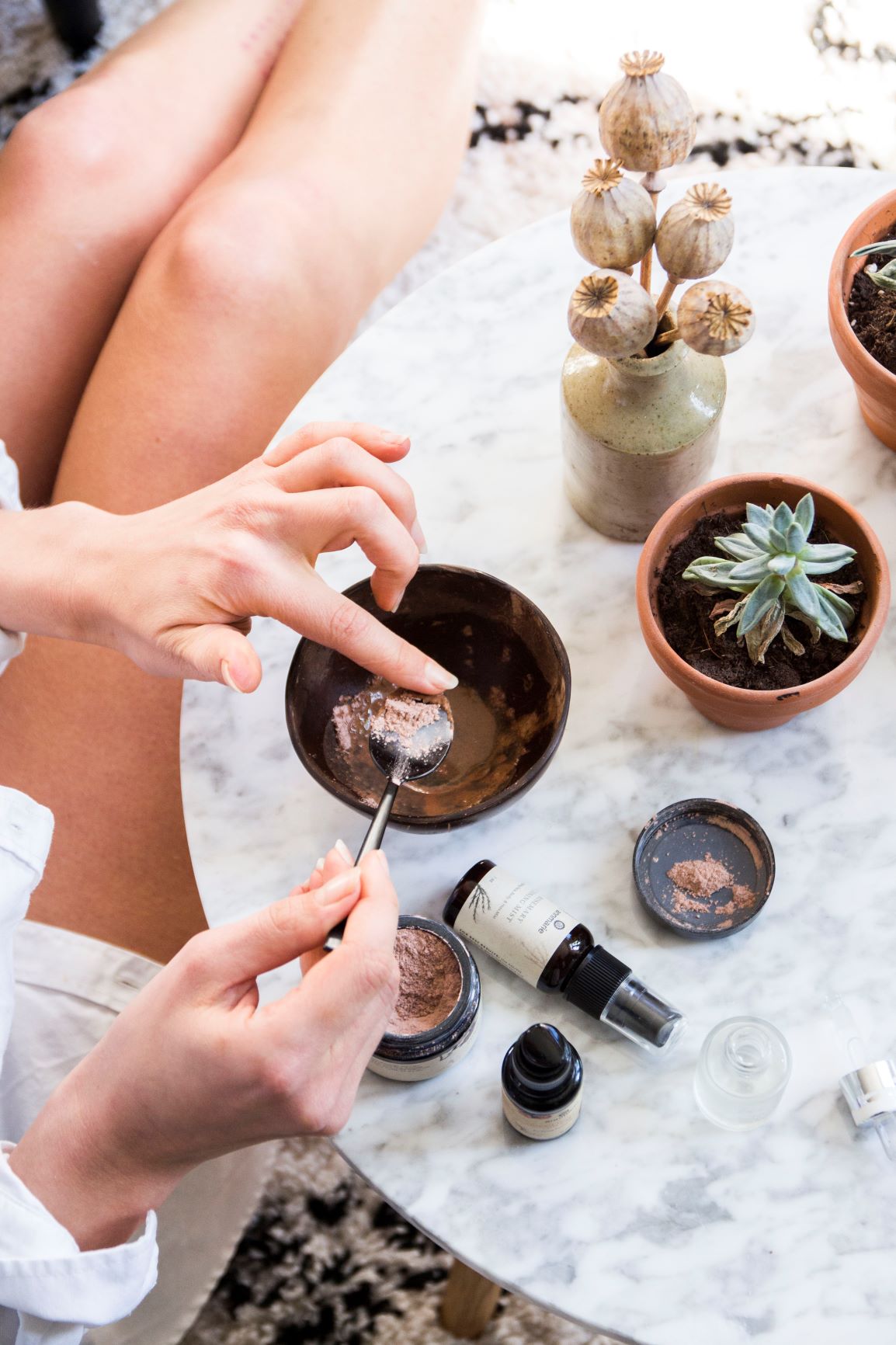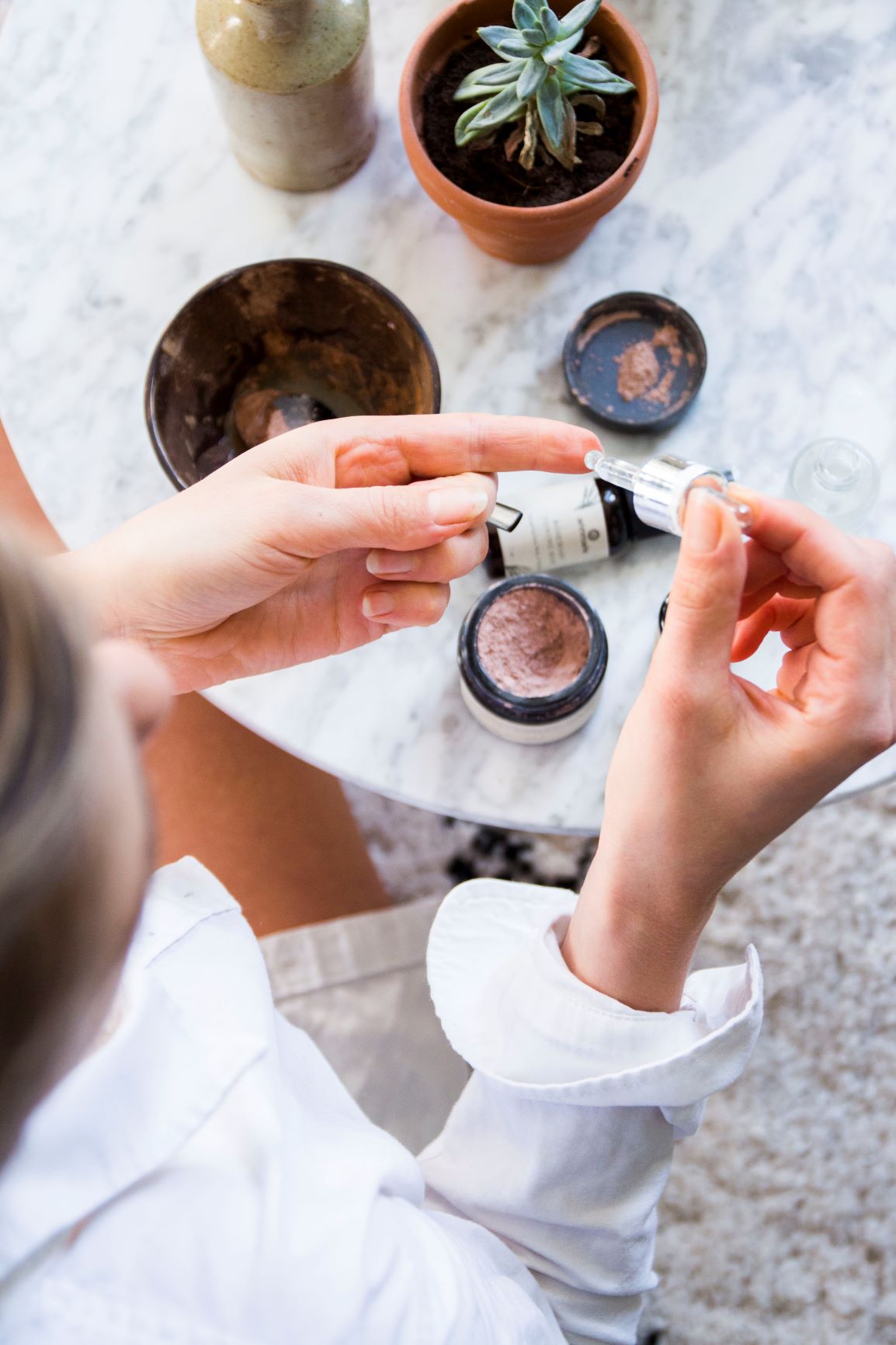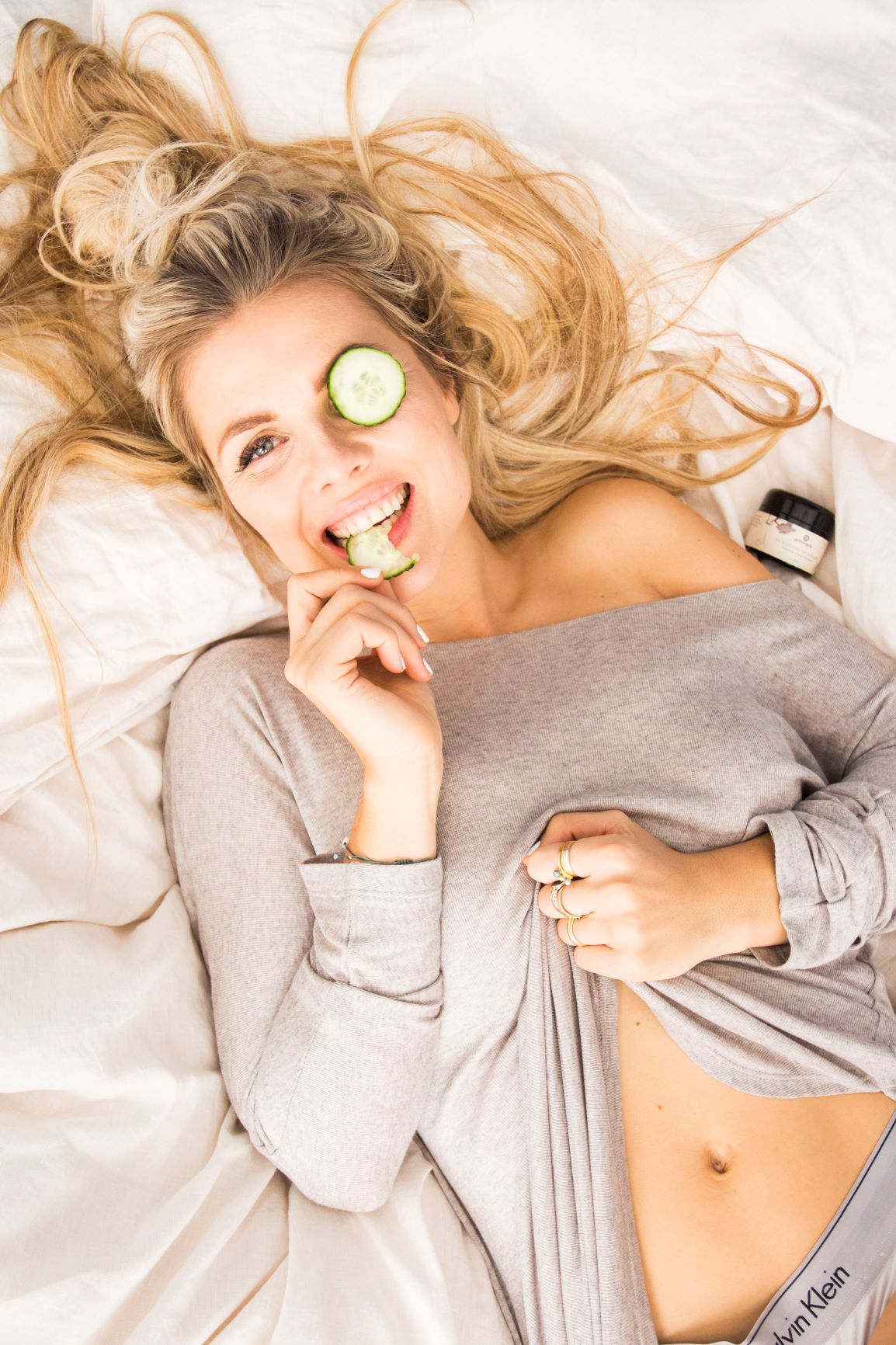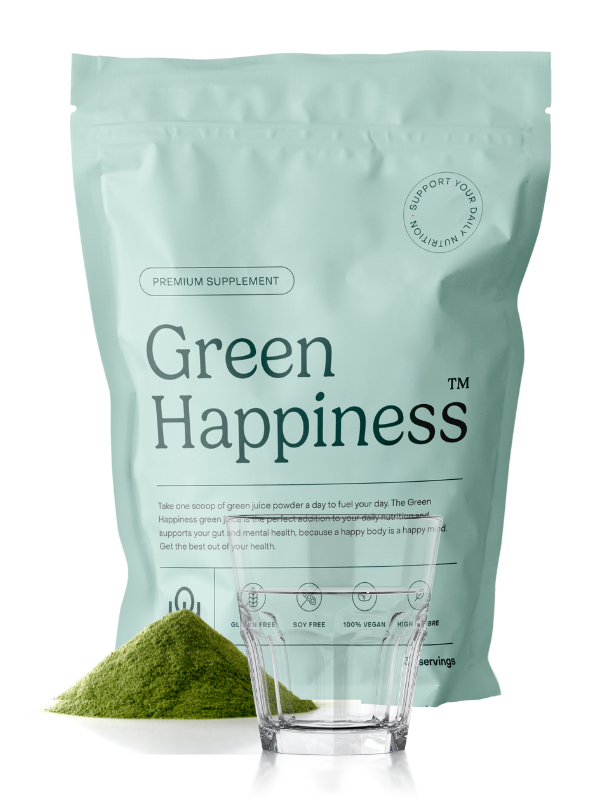
Natural make-up
How can you be sure that the label 100% natural truly means that your cosmetic products are natural? And how can you be certain that your make-up has not been tested on animals (and is therefore cruelty-free)?
Did you know: the average lipstick contains heavy metals such as chromium, cadmium, and manganese, according to researchers from the University of California–Berkeley? Additionally, many cosmetics contain substances that your body does not particularly like. And then there are plenty of brands that test their cosmetics on animals… But going completely make-up-free isn’t always fun either. These are the ins and outs of cosmetics that every conscious consumer should know.
Let’s start at the beginning: the nasty substances in cosmetics
Have you ever looked at the ingredient list on your jar of cream? And have you ever seen terms like Methylisothiazolinone, Cetyl Alcohol, Methylparaben, or Sodium Lauryl Sulfate? But have no idea what that means? A chemical name does not directly mean that a substance is ‘bad.’ Tocopherol, for example, means vitamin E. And if it says ‘natural’ on the packaging or if a brand presents itself as natural, it doesn’t mean there are no ‘bad’ substances inside. This is what you need to know about the following substances.
A short chemistry lesson
• Methylisothiazolinone is a preservative. This substance is often associated with skin complaints.
• Parabens are also a preservative. There are different types, including methylparaben, butylparaben, propylparaben, and ethylparaben. Quite a few people are allergic to parabens, which can cause a severely irritated skin and eczema complaints.
• Coco glucoside, Decyl glucoside, and Lauryl glucoside are mainly found in shampoo and cleansers. These substances are made from coconut oil and sugars, are the least aggressive in the cleanser category, and are biodegradable.
• Oxybenzone (benzophenone-3) is an ingredient in sunscreen. There are a number of studies showing that exposure to sunlight can cause a significant increase in free radicals, which can lead to DNA damage and hormonal imbalance.
• Cocoamidopropyl Betaine is a cleanser with antibacterial properties. This substance ensures that shampoo and soap foam, which many shampoos and soaps do not do on their own. Many people are allergic to this substance.
• Sodium Lauryl Sulfate (SLS) and Sodium Laureth Sulfate (SLES) belong to the category of ‘surfactants,’ also known as surface cleaning agents. You can find them in everything that ‘cleans,’ from toothpaste to detergent. Again, these substances are often added for their foaming effect. These substances penetrate the skin and remove large portions of the natural oils on your skin and hair.
• Sodium Cocoyl Isethionate (SCI) is a mild cleanser, much milder than SLS or SLES. This substance leaves most of the natural oils on your skin and head and doesn’t dry everything out as SLS and SLES do. The cleanser is biodegradable.
• Cetearyl Alcohol, Stearyl Alcohol, and Cetyl Alcohol. These three types of alcohol can slightly soften your skin and seem to cause little damage. Benzyl alcohol is used as a solvent and preservative, but is sometimes associated with contact allergy.

How do you know if your cosmetics are truly natural?
With the above knowledge, you at least know which substances to avoid and which sound more dangerous than they are. Which other substances may sound dangerous, but are secretly 100% natural? Tocopherol, which I already mentioned, is widely used in cosmetics and simply means ‘vitamin E.’ Then there are scientific names for different types of oils, such as Helianthus Annuus (sunflower oil), Cocos Nucifera (coconut oil), Simmondsia Chinensis (jojoba oil), Prunus Amygdalus (Dulcis) means (sweet) almond oil, Prunus Armeniaca (apricot kernel oil) and Olea Europaea (olive). Another well-known one is perhaps Butyrospermum Parkii, which means shea butter. Ubiquinone, also known as Coenzyme Q 10, is a naturally occurring substance in the body. These substances, no matter how ‘chemical’ they sound, are completely natural. If there is Cera Alba in your beauty product, it means there is beeswax in it.
How do you know if your cosmetics are not tested on animals?
Also important: many cosmetics are still tested on animals. But how do you know which brands do not test on animals? This is not so simple. Sophie from Naoki.nl: “you might think that all cosmetics in the Netherlands are cruelty-free because animal testing on cosmetics is banned in the EU. Unfortunately, this is not yet the case, as many companies have been testing on animals abroad since the ban in the EU to develop new ingredients and products for other markets.” Sophie keeps a list of cruelty-free brands and also indicates which brands are vegan. The entire list can be found at Naoki.nl. This way, you always know which brands are animal-friendly and which are not.
And why choose cruelty-free and natural cosmetics?
It may happen that the mascara or day cream you think works so well is not natural and cruelty-free, and that natural mascara or cream you tried does not work as well. There are more and more good brands on the market, but since not everyone chooses natural and cruelty-free, the quality sometimes might be a little less. But that is absolutely not the case with all brands! And the list of cruelty-free and 100% natural cosmetics is getting bigger. As more and more consumers choose cruelty-free and natural, more companies will move in that direction. And that ultimately leads to a greater choice in ‘green’ cosmetics. In the meantime, we are sometimes happy to settle for the slightly-less vavavoom effect of a mascara.
Speaking of mascaras, we have tested quite a few natural mascaras.
This was the result.
What do you pay attention to when you buy cosmetics?

